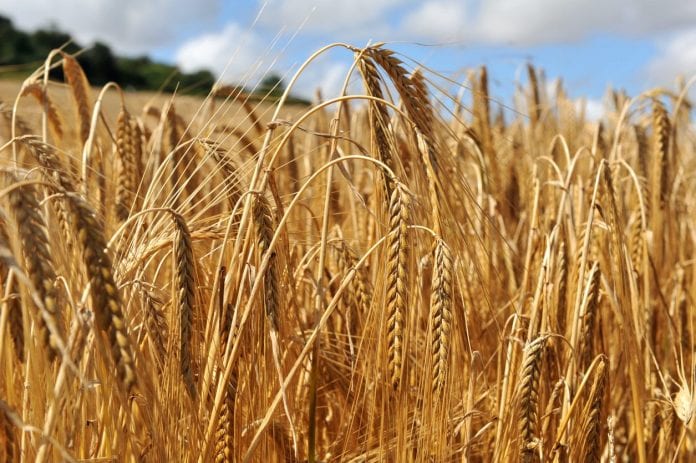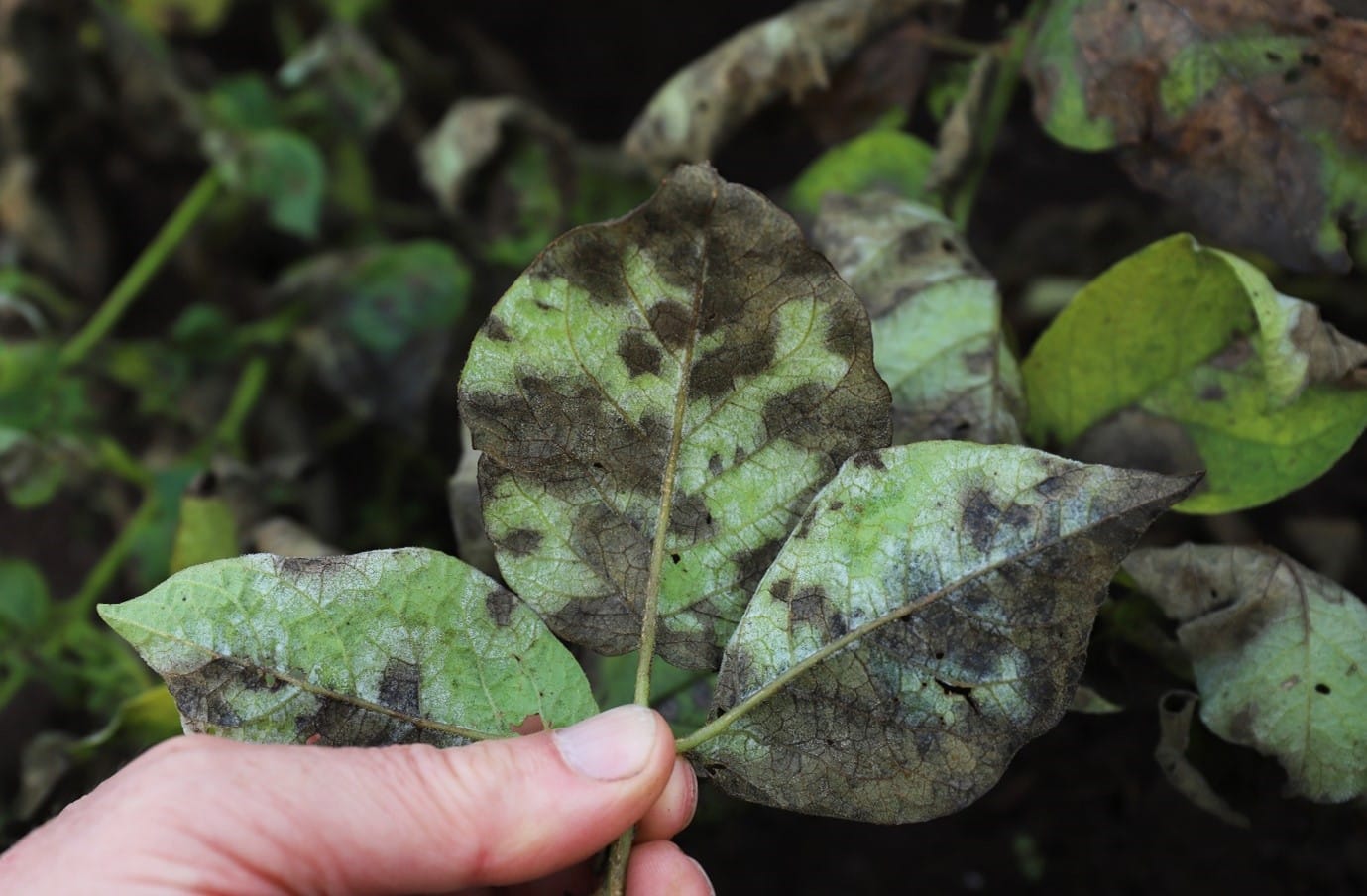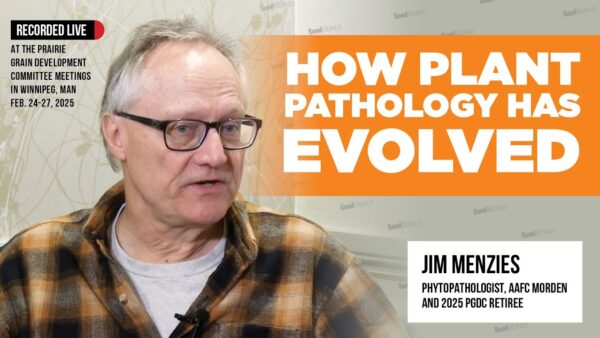International Barley Hub scientists at the James Hutton Institute, working with colleagues in the UK and Australia, have gained further insight into key genes responsible for grain composition, a process facilitated by using CRISPR gene editing as a research tool.
Barley grain is comparatively rich in (1,3;1,4)-β-D-Glucan, a source of fermentable dietary fibre that protects against various human health conditions. However, crops with a low content of this compound are preferred for brewing and distilling.
In the latest issue of The Plant Journal, the research team describes a way to influence the levels of beta-glucan in barley grain by using CRISPR gene editing to modify the genes responsible for the trait, in the first published use of the CRISPR technique in barley crops in Scotland.
This work was carried out by Dr Guillermo Garcia-Gimenez during his PhD at the James Hutton Institute and the University of Adelaide. Dr Garcia-Gimenez said: “We took a reverse genetics approach, using CRISPR to generate mutations in members of the gene superfamily responsible for making (1,3;1,4)-β-D-Glucan. The results led to specific differences in grain quality, composition and content of this compound. We hope this work will contribute to creating awareness about the potential of site-directed mutagenesis and the current gene editing regulatory framework.”
Dr Kelly Houston, joint senior author of the study, added: “We are delighted that our findings can provide real benefits in terms of understanding how gene editing can help improve the quality of barley crops and gain insight into the different roles these genes may have in grain composition.”
Professor Colin Campbell, Chief Executive of the James Hutton Institute, commented: “Barley is one of the UK’s most valuable crops and so this discovery is important and likely to have significant economic impact.
“This has been facilitated by the Tay Cities Deal funding of an International Barley Hub in Invergowrie, which shows that research in this area can yield great returns on investing in the basic understanding of barley.”
The research was an international collaboration between barley scientists at the James Hutton Institute and colleagues at the universities of Dundee, Adelaide, and La Trobe University, Melbourne.
The International Barley Hub is an initiative aiming to create a Dundee-based world-leading centre to translate excellence in barley research and innovation into economic, social and environmental benefits. For more information visit www.barleyhub.org.
Source: James Hutton Institute













